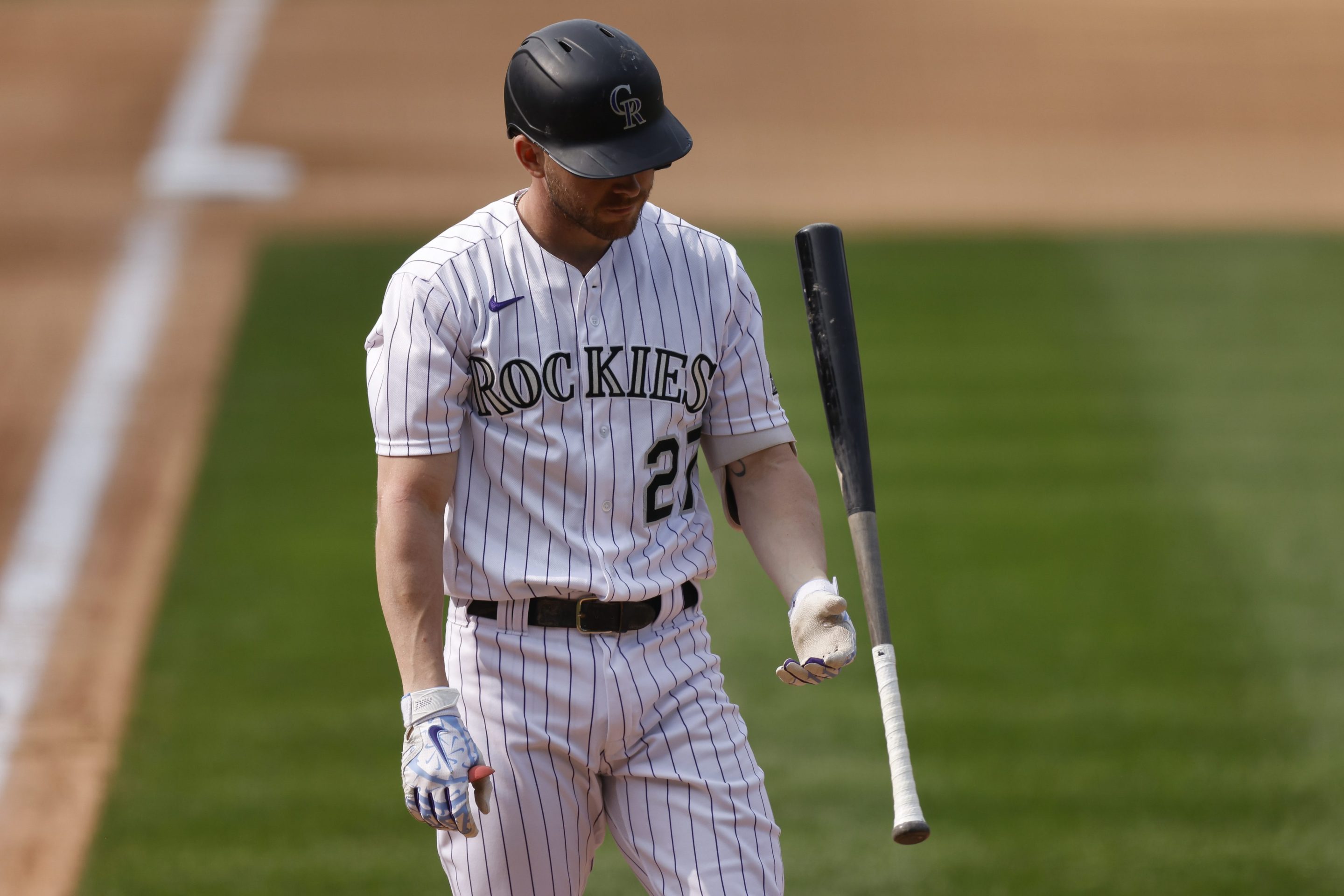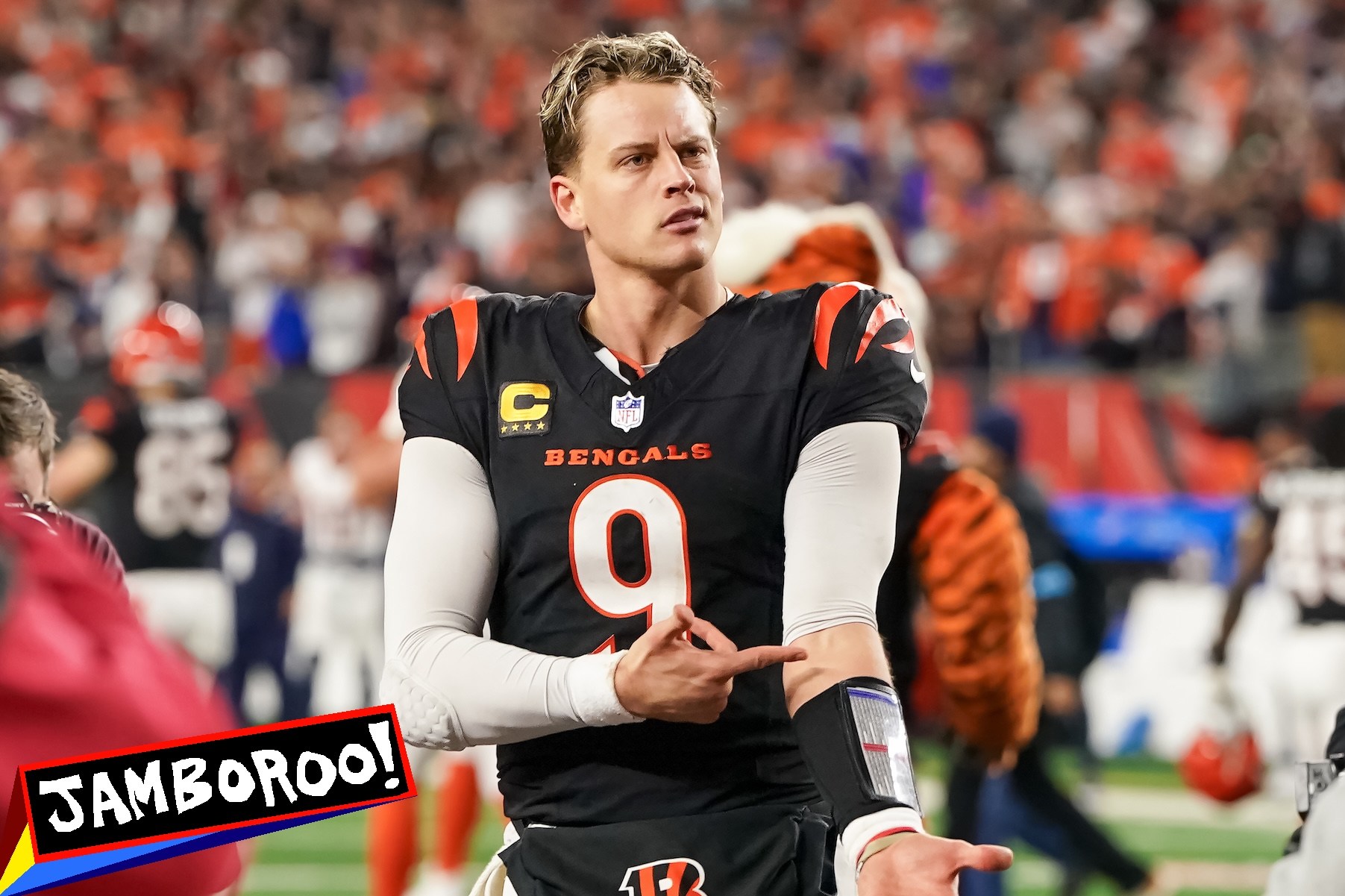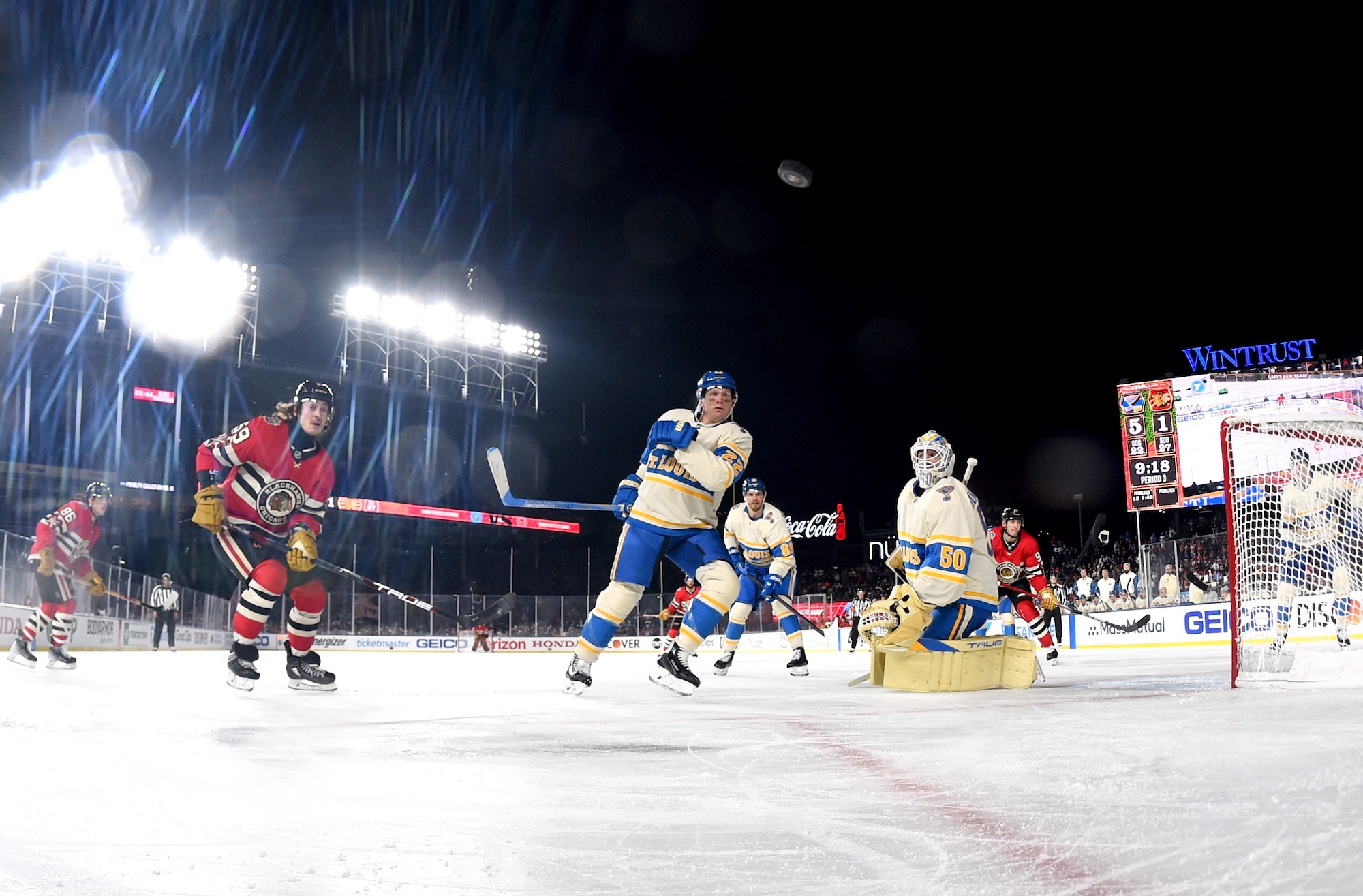One strange side effect of the ongoing spike in sports team valuations is that teams will soon become too expensive for even unconscionably, criminally wealthy families and individuals to buy. To the extent that this has not already happened at the highest end, it is because a number of other, more worryingly broken things in the culture have conspired to create ever more unconscionably, criminally wealthy families and individuals. It is not anyone's idea of an ideal state of affairs that someone like Steven A. Cohen, a prolific financial criminal possessed of judgment so poor that he willingly associates with Chris Christie, can effectively Venmo the $2.5 billion it cost to buy the Mets to the family of Long Island crumb-bums that previously owned them. But also it could be worse: Whatever kind of person Cohen might be, he is indeed a person, and as a longtime fan of the team he presumably wants them to be better. As team values grow and grow alongside a bubble in TV rights fees that refuses to burst, even the usual cheesy local dynasts and cretinous financial lordlings will be unable to afford buy in where they previously could.
Teams will still change hands, because being sold is what expensive things do and at some level are for, but the hands passing them back and forth will no longer have human fingerprints. They will move, instead, between agglomerations of private capital with faintly dystopian names like Guggenheim Baseball Management, and those concerns will run those teams in ways that reflects how they understand and value them—as moneymaking vehicles, mostly, to be optimized to deliver the optimal financial return to the fund's investors. If you have seen the simultaneously icy and over-clever and wildly vengeful and predatory way in which groups like that have run things like the supermarket chains (or websites) that they own, you will know what to expect. It may even get to the point that these teams, which will be guided ever more efficiently to maximum profitability by cynical people and their cynical algorithms, will make their fans think wistfully of the old days, and of the unconscionably, criminally wealthy families and individuals who were in charge, who were undeniably cheesy local dynasts or cretinous financial lordlings but were also at least humans with faces that a fan could dream about power-washing with compound profanities. These fans will not be wrong in feeling this way, necessarily, but it will be helpful to remind them that the Colorado Rockies, too, are very much a family business.
The Rockies are owned by the goofy scions of the Monfort meatpacking dynasty, which is more than a century old. Brothers Charlie and Dick Monfort assumed full control of the team in 2005, after investing $20 million, and have presided over a decade and a half of strange and willful mediocrity while watching their team's estimated value climb above a billion dollars. Other teams have been as bad or worse during that period, but few have been more reliably inert. The Rockies have had just three general managers in their 27 years of existence, and have not had a team president since Keli McGregor died in 2010. Jeff Bridich, who is 43 and first joined the organization in 2004, took over as GM in 2014; Dick Monfort has been the team's unofficial president and biggest wheel since McGregor's passing. In a long story in The Athletic, Ken Rosenthal and Nick Groke go into detail about just how badly that all has gone.
The specific beats of this kind of owner-authored failure are familiar, and will be doubly so to people that have endured the sourly whimsical macro-tweaks of owners like the Wilpons, late of the Mets, and Anaheim's Arte Moreno. Bridich, secure in ownership's favor and not really beholden to anyone else, is described as increasingly high-handed and withdrawn in his relations to both the players on the team and the small and disempowered front office operating under him. Dick Monfort, somehow, is even weirder—alternately mawkishly sentimental and preposterously stubborn about his team's best players, determined to have the last word on every decision despite lacking even rudimentary baseball expertise or basic executive discernment, and always and everywhere arbitrary in ways that only extremely rich and extremely unaccountable people can be. He is forever and everywhere startled that decisions he never really thought much about in the moment later turn out to have consequences. From one baseball decision to the next, this manifests in executive bafflements big and small, all of which have in common only the fact that Bridich and Monfort believed that they would work.
The bits of this failure that show above the surface in actual games are strange enough—the team signing Ian Desmond to play first base despite his never having played there before and against the advice of the front office's baseball operations team; doling out tens of millions in contracts to a pair of middle relievers and an aging closer, only to watch all three collapse utterly and instantly; giving a creaky Daniel Murphy exactly the same free agent contract that a mid-breakout DJ LeMahieu ultimately got from the Yankees because ownership was sure that LeMahieu would never agree to those terms. Virtually every free agent decision that Bridich and Monfort have made has made the team worse; a table tracking the team's signings since 2015 reveals that $303 million in salary commitments delivered resoundingly negative value. Only the signing of aging franchise figurehead Carlos Gonzalez to a one-year valedictory contract in 2018 came close to returning league-average production. The Rockies also dumped franchise cornerstones Troy Tulowitzki and Nolan Arenado for minimal returns during this period. It's not what you want.
That the Rockies were mostly competitive during this stretch is remarkable in retrospect, and doubly so given how dedicated management and ownership were to not doing anything to change anything. "Outfielder Charlie Blackmon, tired of extreme home-road hitting splits that stemmed from hitting at elevation one day, then at sea level the next, devised his own plan for improvement in 2019, without help from the front office," Rosenthal and Groke write. "His plan was so well-received, it eventually took root throughout the Rockies’ system, from the majors to the minor leagues." Pitchers, who traditionally have had it even worse in Colorado, paid their own way to the Driveline pitching academy during the offseason, without any support from the organization; a minor league pitching coach and coordinator set up an analytics-driven pitching camp without any push from the big-league team. "It was always, ‘We can’t, we can’t, we can’t,’ instead of exploring how we can,” a former staffer told The Athletic. The front office's plan to build out an analytics department that currently consists of just two employees is on hold due to "financial strain caused by the pandemic." That work will reportedly be outsourced instead.
None of which is good, but all of which is more or less what this type of organization does; left to do whatever they want, powerful and unaccountable people will naturally not surround themselves with people who might contradict or even merely interrupt the flow of their Executive Excellence. This approach virtually never delivers the kind of results that those powerful people want, but also those results don't matter—the people in charge mostly just want the things they value to be valuable, and the right things to want. In the absence of any pressure from above or below or anywhere else they are mostly happy to wait to be proven right. Because there is a lot of variance built into baseball, and because no one ever tells the aforementioned powerful people that they are wrong, this can all go on for a long time. Over the course of a couple of consequence-free decades, it can get roughly this weird:
A case in point occurred last season, when the team used baseball operations personnel to replace furloughed part-time clubhouse attendants, striking an unsettling chord with a number of those who were required to perform double duty...The use of front-office staffers as “clubbies,” part of the organization-wide effort to maximize an operation team officials already consider lean by major-league standards, lasted for the 30 home games during the 2020 regular season. Members of the analytics and player-development staffs might work their normal jobs from 9 a.m. to 3 p.m., then assist in the clubhouse from 3 p.m. to 2 a.m.
“I’d be holding a pile of dirty jerseys and a coach would come up to me, ‘Can I get this data for this pitcher?’ (or) something like that,” one former member of the baseball operations department said. “I’d be just like, ‘I can’t do that right now.’”
The Athletic
There is innovation, of a kind, in making baseball operations staffers literally do the team's laundry in lieu of doing their job, although it's not the kind of innovation any fan wants to see from their team. The ways in which it is self-defeating are so obvious as to be virtually unimaginable to anyone who has ever tried to manage anyone else. It is the sort of bad idea that someone could only come up with provided they were 1) very silly and 2) very sure that it wouldn't matter if didn't work.
By this point in the broader American experiment, it should be clear that the relationship between a massive personal fortune and any personal acuity or foresight or basic merit is incidental at best; that has been proving itself out, from one stubborn and stymied act of willful self-defeat to the next, for a lot longer than Jeff Bridich has been duffing free agent signings or Dick Monfort has been startled and saddened by the inevitable repercussions of his dumb decisions. But the inexplicable endurance of that delusion, and the lack of remedies for the problem it conceals, has left Rockies fans and everyone else in a tight spot—between the ever-narrowing efficiencies of optimization-minded institutional avarice and the humbler, stranger failures that old-fashioned human idiocy reliably produces when de-coupled from accountability. Neither makes for an especially appealing choice. It is a testament to the work that the Rockies have done embodying the latter that they almost make the former seem like the better option.





